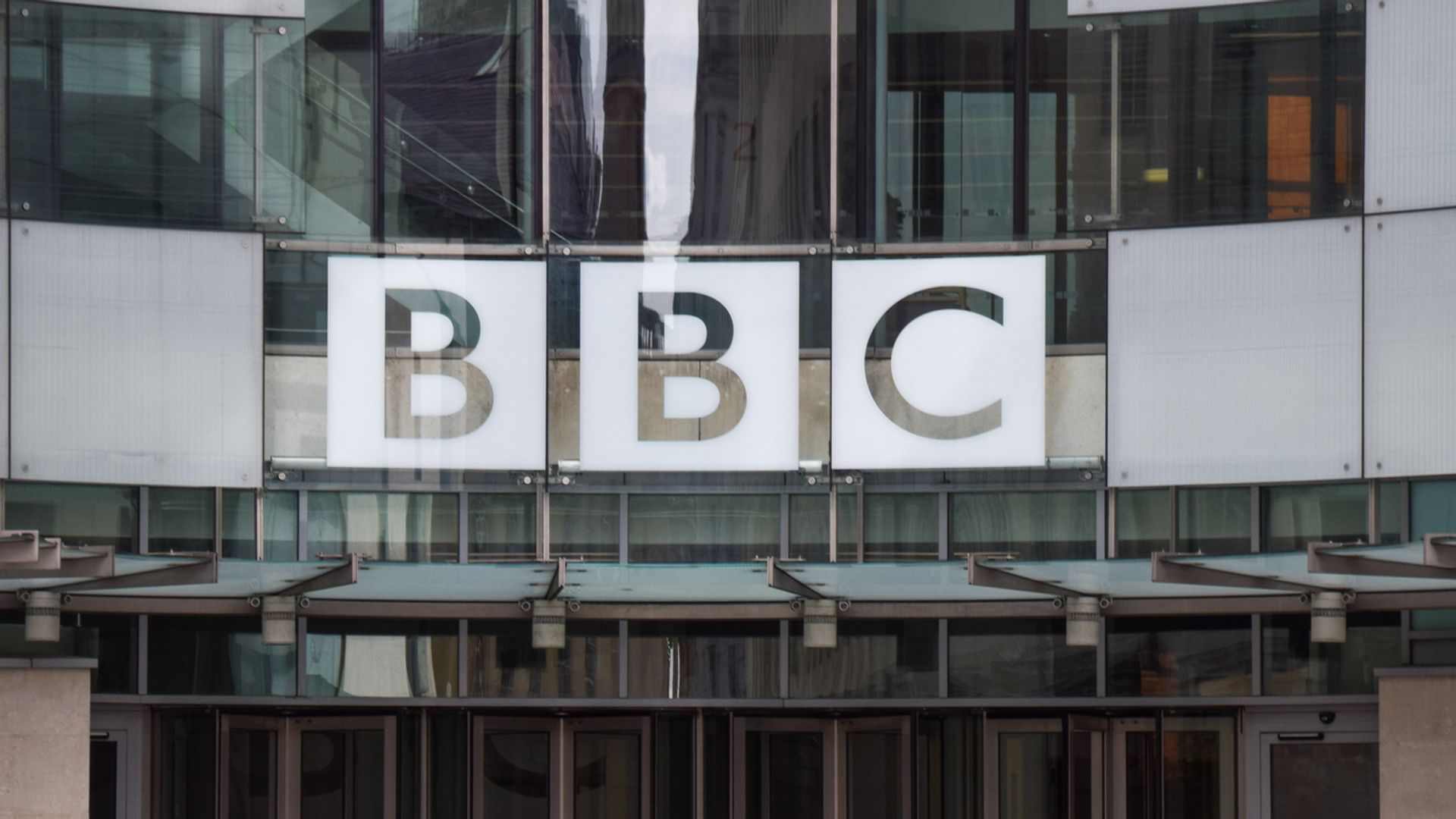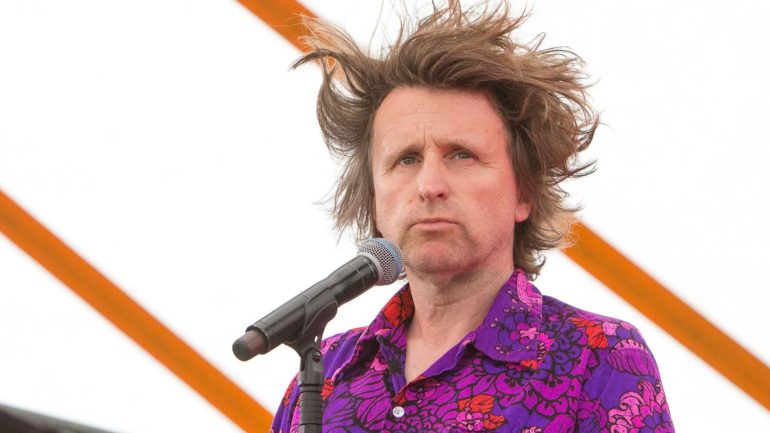Listeners:
Top listeners:
-
 play_arrow
play_arrow
RiseupRadio RiseupRadio UK
‘Untouchable’ BBC presenter called out for ‘exceptionally inappropriate language’, review hears

“Powerful individuals” at the BBC are making the lives of their colleagues “unbearable”, the corporation’s chairman has said, after a review into its workplace culture.
The independent report, sparked by the Huw Edwards scandal, was carried out by Change Associates, the same management consultancy that led a similar review in 2013, following the Jimmy Savile scandal.
BBC chairman Samir Shah told staff ahead of the report’s release on Monday morning: “There is a minority of people whose behaviour is simply not acceptable. And there are still places where powerful individuals – on and off screen – can abuse that power to make life for their colleagues unbearable.”
He said the report made recommendations to “prioritise action over procedural change”, as well as addressing “deep-seated issues” including staff not feeling confident enough to speak up.
Mr Shah added: “In the end, it’s quite simple: if you are a person who is prepared to abuse power or punch down or behave badly, there is no place for you at the BBC.”
While the review, which heard from around 2,500 employees and freelancers from 19 different countries, found no evidence of a toxic culture within the corporation, some staff said there was “a minority of people at the BBC – both on and off-air – who were able to behave unacceptably without it being addressed”.
The report said: “Even though they are small in number, their behaviour creates large ripples which negatively impact the BBC’s culture and external reputation.”
More on Bbc
-

BBC has failed to foster an environment where employees feel comfortable about speaking up
-

‘They have to come up with another model’: For many the BBC licence fee increase is a bad joke
-

Four female news presenters settle age and sex discrimination tribunal claims with BBC
Related Topics:
It said these people were “dotted across the organisation in different functions and departments”, and were “often in positions where power could be abused”.
While no specific names were mentioned in the report, it did note “some names were mentioned several times”.

Huw Edwards was handed a six-month suspended jail sentence in September. Pic: PA
Some considered ‘indispensable’
One example of poor behaviour given included an “untouchable” presenter being “called out for exceptionally inappropriate language”. It said that while “a report was made” and sanctions promised, a senior manager who was in the room at the time of the incident was “perceived as deferring so as not to rock the boat”.
It said a blind eye could be turned to poor behaviours “when productions were award-winning or attracting large audiences,” with some “difficult” presenters subsequently “man-marked” by BBC managers.
The report went on to warn that, “at its worst”, the corporation “rewards” such individuals “by providing little or no consequence to their actions”.
It recognised that some of those displaying “unacceptable behaviour” were perceived as “indispensable” to the corporation, and that by moving “potentially vexatious issues” to formal grievance without appropriate due diligence, the BBC was “tolerating” the problem.
It also said that by keeping those who formally raised an issue “in the dark about progress and outcomes,” it was unfairly punishing them.
‘Embarrassed and ashamed’
The power imbalance between “talent” and “crew” was raised, with one report contributor saying: “The pay differential between a producer and a flagship programme presenter is huge. The actual and perceived value of the presenter to the BBC versus the value to the BBC of the producer. How empowered really is a producer to raise and address issues?”
And while the report said many of the presenters they spoke to were “embarrassed and ashamed to be associated with people who feature in the press for their behavioural misdemeanours,” it also noted the tendency to treat talent with kid gloves.
One presenter said: “As the so-called talent, I’m aware that no one wants to upset me, people laugh at jokes, fuss around me, can’t do enough for me – it is false and unnecessary, and I can see how over time, some would come to expect it.”
The BBC board has fully accepted the report and its findings, as has BBC management.

BBC chairman Samir Shah. Pic: PA
BBC director-general Tim Davie called the report “an important moment for the BBC and the wider industry”.
He said the corporation would implement the recommendations “at pace”, making sure that BBC values are “lived and championed by the whole organisation each and every day.”
Actions being taken include:
• A strengthened code of conduct, with specific guidance for on-air presenters
• A more robust disciplinary policy, with updated examples of misconduct and clear consequences
• All TV production partners must meet Creative Industries Independent Standards Authority (CIISA) industry standards
• A new “Call It Out” campaign to promote positive behaviour, empower informal resolution and challenge poor conduct
• Clear pledges for anyone raising concerns, setting out what they can expect from the BBC
Further actions include succession planning for the most senior on-air roles, a new “resolving concerns helpline”, more training for managers and clearer behaviour expectations for freelancers.
A difficult year for the BBC
The BBC has been under pressure to act after a string of complaints against some of its top talent over the last 12 months.
In September, Edwards, who was the BBC’s lead news presenter, pleaded guilty to three counts of “making” indecent images of children. He was given a six-month suspended jail sentence and will be on the sex offenders’ register for seven years.
Please use Chrome browser for a more accessible video player
 0:52
0:52
Earlier this month, following a CPS review, Russell Brand, was charged with rape and sexual assault.
Brand, who worked for BBC Radio 2 and 6 Music between 2006 and 2008, denies all allegations against him and says all his sexual encounters were consensual.
The BBC also apologised in January after a review found it “did not take adequate action” upon learning about concerns over former Radio 1 DJ Tim Westwood following claims of “bullying and misogynistic behaviour”.
Other allegations of misconduct against BBC talent include accusations of a toxic environment on Strictly Come Dancing and the firing of The One Show presenter Jermaine Jenas after he admitted sending inappropriate messages to female colleagues.
And late last year, Greg Wallace stepped down from his presenting role on MasterChef after multiple historical allegations of misconduct.
Wallace’s lawyers have said it is “entirely false that he engages in behaviour of a sexually harassing nature”. Wallace has since said he is seeking “space to heal”.
Written by: Pippa Taylor
Similar posts
Recent Posts
- Head of Israel’s intelligence agency resigns – defusing Netanyahu row
- UK-US trade talks ‘moving in a very positive way’, says White House
- Number killed in Iran explosion rises to 65 after Tehran denied blast was ‘linked to fuel for missiles’
- Sex offenders to be denied refugee status under plans to improve women’s safety
- How electricity grids fail – and why restoring Spain and Portugal’s power will be a nightmare
Recent Comments
-

Evening Energy
Time to settle down and relax!
From chart-toppers to iconic throwbacks, Evening Energy is your go-to for non-stop motivation and mood-lifting sounds – only on Riseup Radio.
close Top popular
CONTACTS
- https://riseupradio.uk/
- +01 0101 01 23 31
- studio@riseupradio.uk
ABOUT
RiseupRadio is your feel-good online station, broadcasting from Greece and the UK. From throwbacks to party vibes, we’ve got the tunes to lift your day. Tune in and rise up with us!
© 2025 RiseupRadio. All rights reserved.
RiseupRadio.uk |
RiseupRadio.co.uk | RiseupRadio! App
All content is owned by RiseupRadio and may not be copied or reused without permission.











Post comments (0)